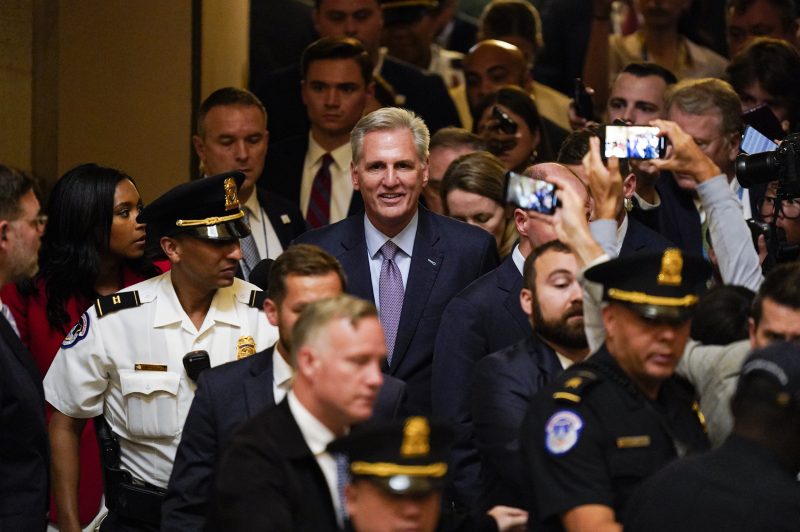


The US House of Representatives is no stranger to political upheaval and uncertainty, yet the possibility of a repeat of the 2020 elections looms large in the minds of Republicans hoping to maintain their current bid for control of the
The NRA and gun rights advocates are abuzz with the news that longtime National Rifle Association CEO and executive vice president Wayne LaPierre is now facing a corruption trial before the New York Supreme Court. LaPierre has been at the
In 2010, a young South Carolina politician made a bold leap of faith. Unfazed by her lack of clear qualifications, Nikki Haley ran for governor—and won. Following a successful four-year stint as governor, she was appointed U.S. ambassador to the
